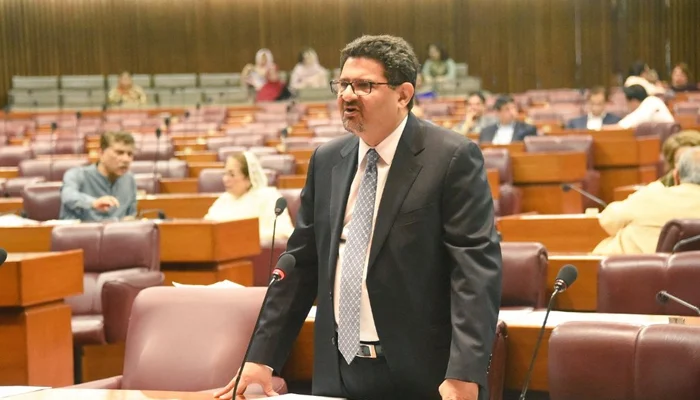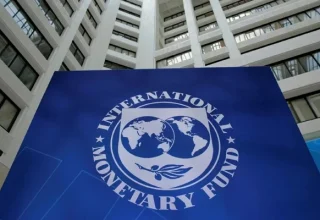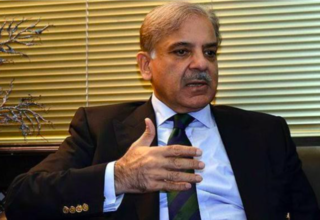ISLAMABAD, June 29(ABC): The National Assembly on Wednesday passed the Finance Bill, 2022, in the absence of typical shouts of protest from the Opposition, bringing the government closer to fulfilling the International Monetary Fund’s (IMF) requirement for the revival of the much-needed loan programme.
The government presented the budget for the fiscal year 2022-23 on June 10 with a fiscal adjustment of Rs1.25 trillion, but the money lender did not accept it, leaving Pakistan with no other choice but to make further amendments.
Then on June 24, Finance Minister Mifath Ismail announced additional taxes that are expected to generate Rs466 billion, which helped the government reach an understanding with the IMF for the bailout package.
The measures included bringing down the income tax slab for people earning from Rs50,000 to Rs100,000. They will be taxed at 2.5% and the rate moves up for the ones earning higher.
The government also agreed to the Fund’s demand of imposing a 1% poverty tax on companies earning Rs150 million, 2% on those generating an income of Rs200 million, 3% on those earning more than 250 million, and 4% on the ones generating an income of Rs300 million or more than that.
These measures were in addition to the 10% super tax imposed on 13 large-scale industries — cement, steel, banking, airlines, textile, automobile assembling, sugar mills, beverages, oil and gas, fertiliser, cigarettes, chemicals, and LNG terminals.


































